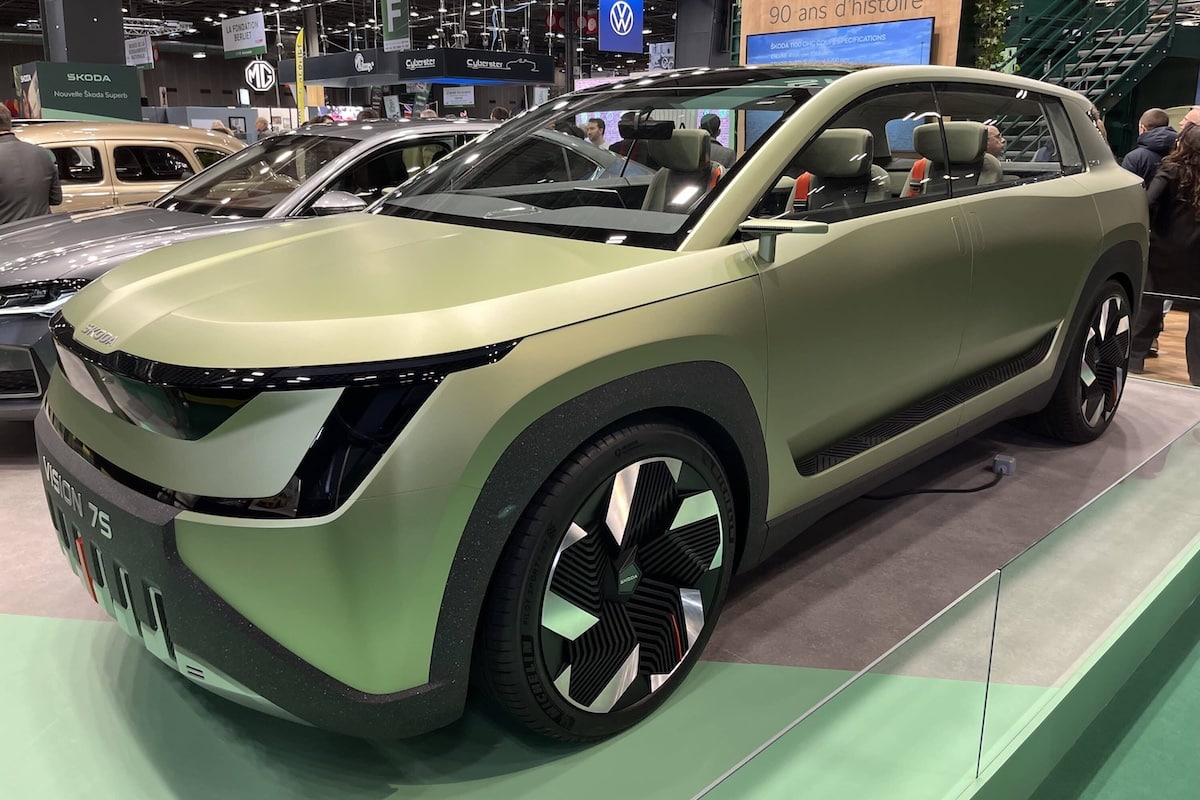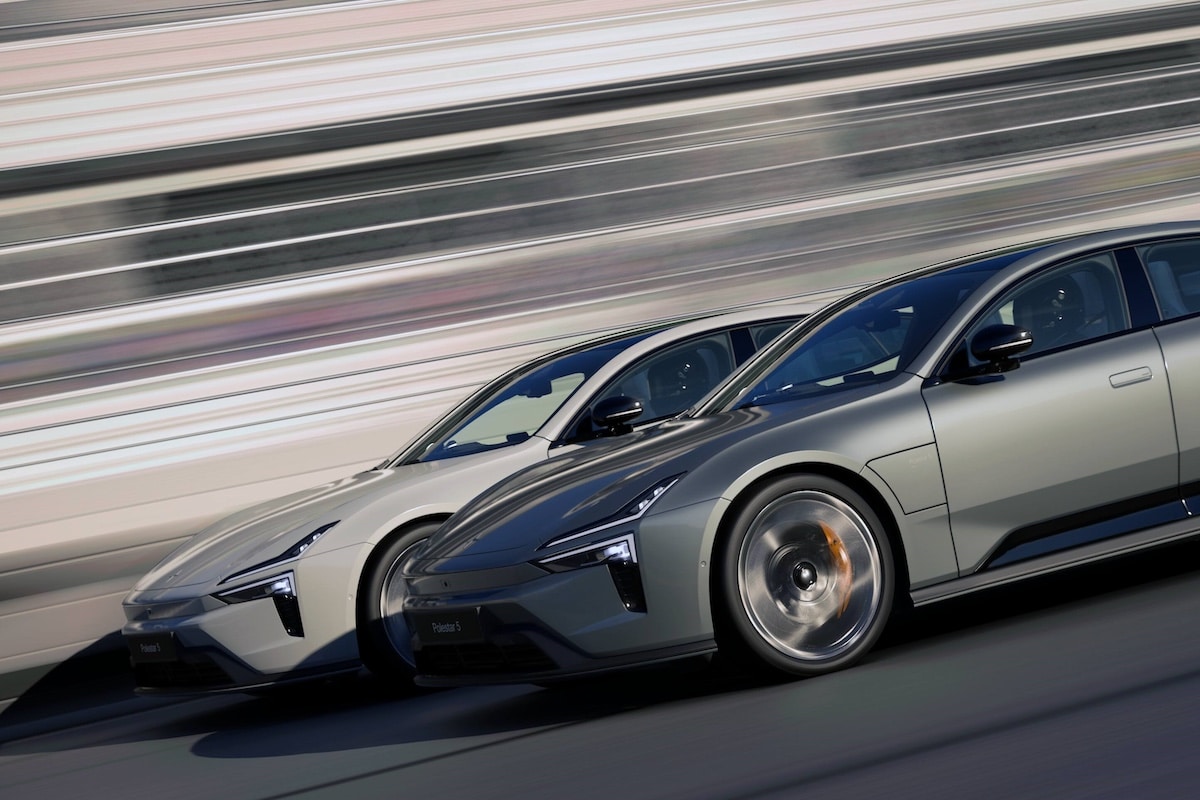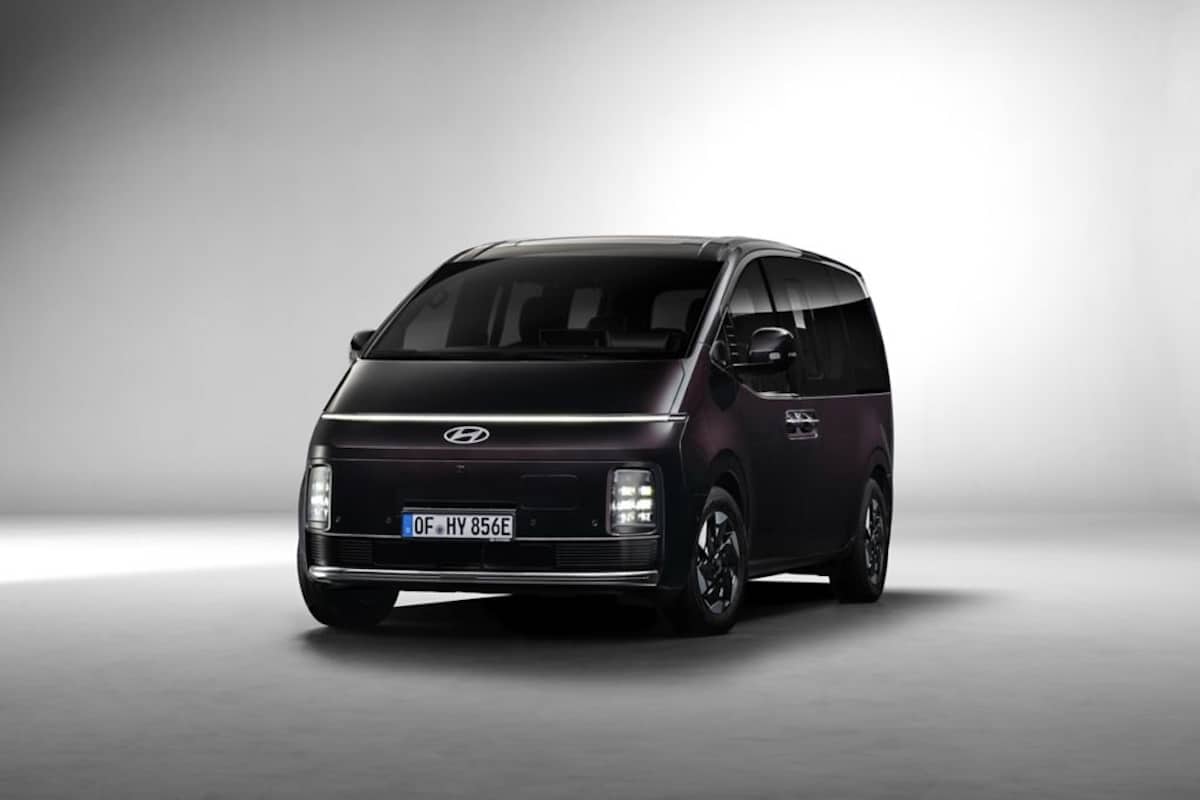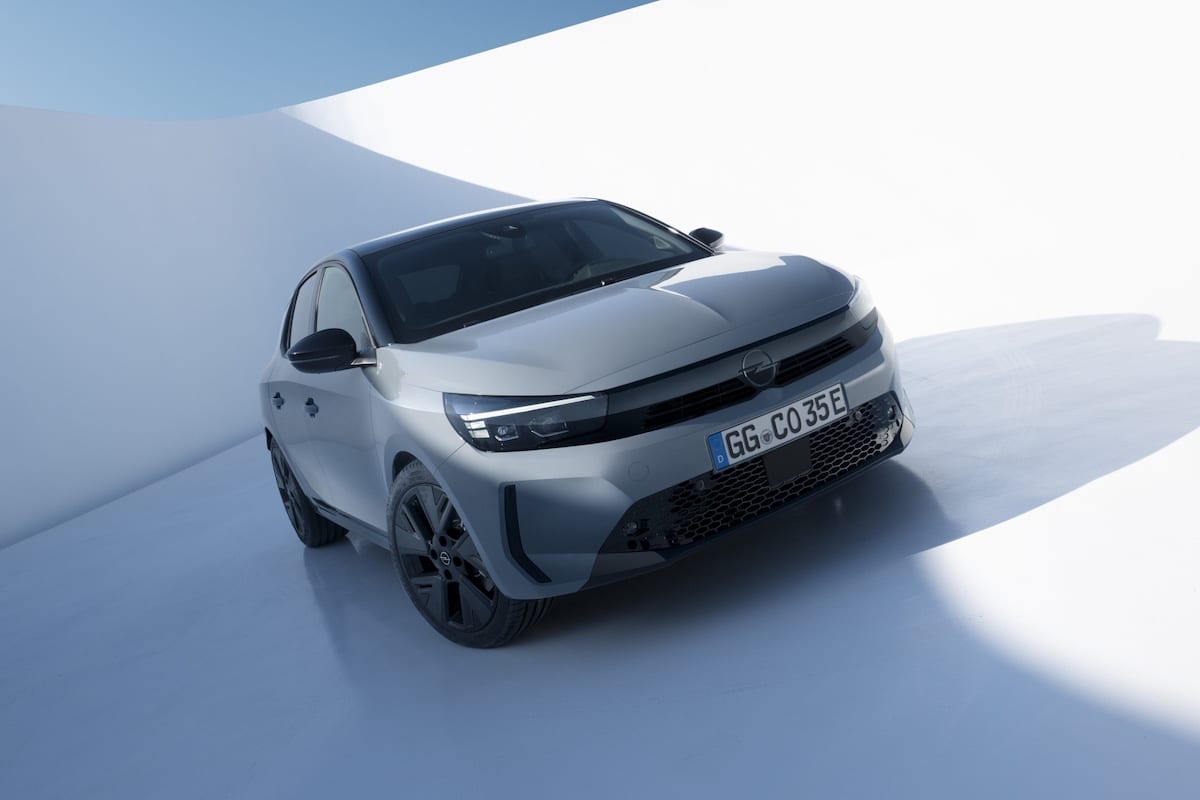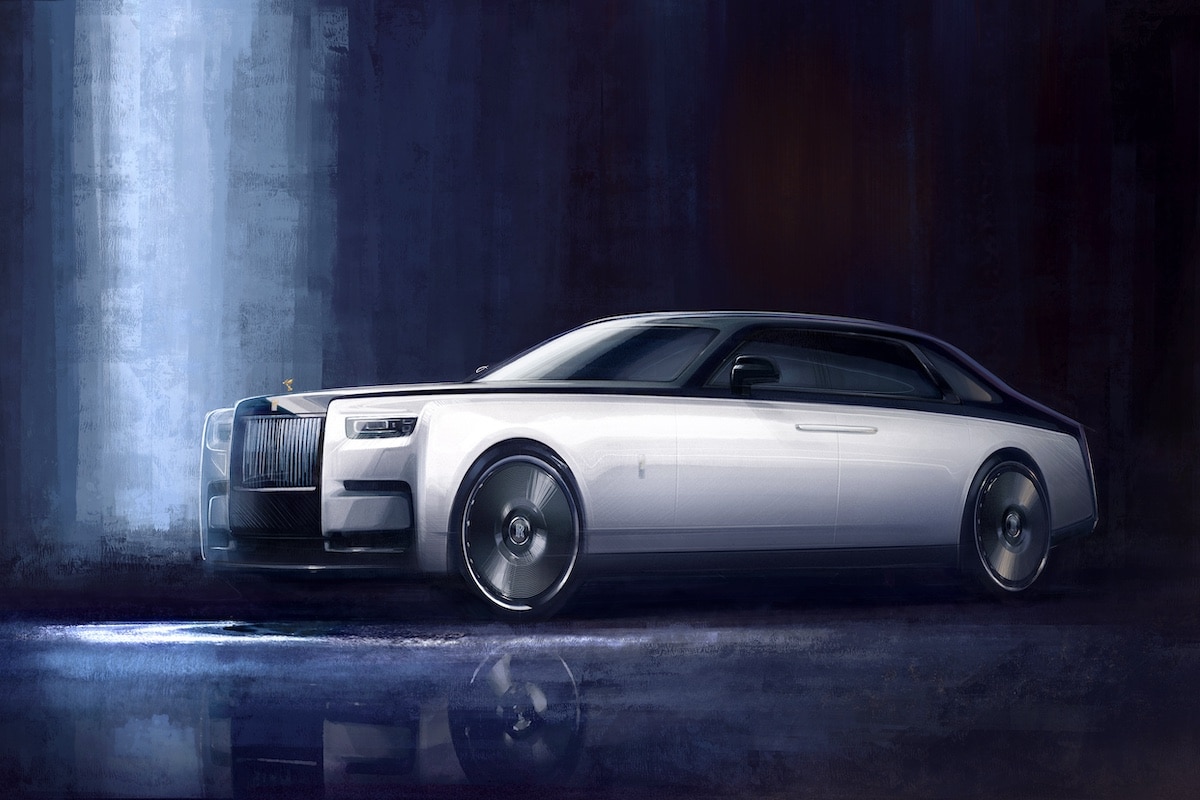Tesla, a European dwarf making a lot of noise for nothing?
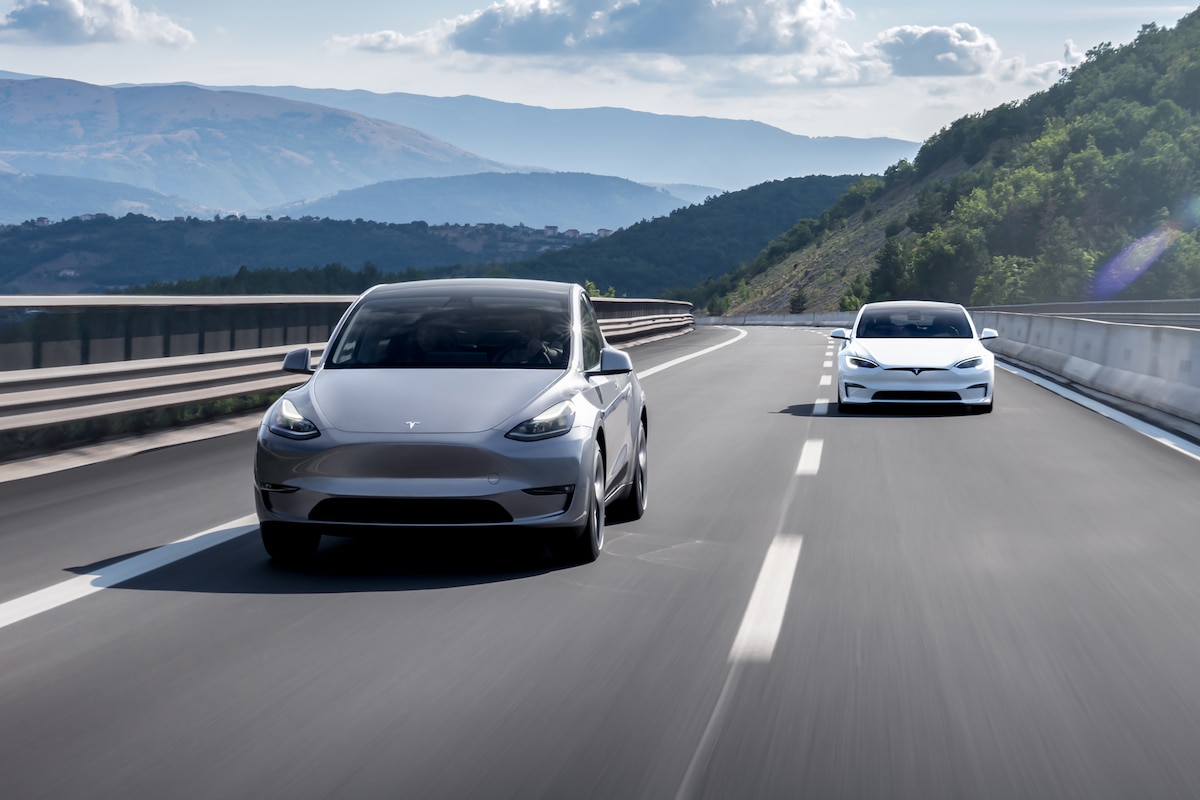
Tesla manages to monopolize attention in Europe, even as its sales plummet with only 13,738 units sold in October 2024.
There is often debate about Tesla‘s dominant position in the electric vehicle market in Europe. However, the more months pass, the more this erosion accelerates. According to the ACEA (European Automobile Manufacturers Association) report, which tracks sales in 31 European countries, the electric car market increased by +2.4% in October 2024 compared to September 2024, with 124,907 electric cars sold.
Among these, only 13,738 are Tesla, representing 10.9% of the market share. But if we compare this figure to total cars sold across all types of propulsion (1,041,672 units), it drops to 1.31% (compared to 1.6% in 2023)!
This raises the question: are we talking too much about Tesla, a tiny player in Europe? Since the beginning of 2024 (January-October), its sales have contracted by 11.8% in Europe, with 256,719 cars sold. Meanwhile, the Volkswagen group, whose financial health is concerning, sold 2,836,343 cars in Europe, its primary global market.
Customer base shifts away from historical brands
Factually, Tesla has sold nearly as many cars as Fiat, likely with better margins. The real issue for the American manufacturer lies in the disappearance or reduction of ecological bonuses in various European countries, starting with Germany, where sales have contracted by 50% over a year.
Thus, two observations can be made: Tesla’s appeal is waning, perhaps because customers are waiting for the significant update of the Model Y. Additionally, since production outside Europe (except for the same Model Y manufactured in Germany) disqualifies it from certain bonuses across most of its range. Finally, it’s impossible to ignore Elon Musk’s highly divisive profile, which deters a large portion of the clientele who do not share his visions of society and coexistence.
Moreover, Europe is progressively heading towards a transition, with a plan to phase out thermal engines and fossil fuels entirely by 2050. The shift to electric vehicles by 2035 is too sudden for the economy and the balance of power between Europe and China, in particular.
In all this, Tesla’s deployment prospects are questionable, especially as a tsunami approaches: the residual value of all Model Y leased through leasing or long-term rent-to-own solutions, which will soon enter the secondhand market in the coming months. A financial pressure that could turn into a ticking time bomb for Tesla.
ALSO READ: Tesla Model 3 & Y: The Acceleration Boost now optional
This page is translated from the original post "Tesla, un nain européen qui fait beaucoup de bruit pour rien ?" in French.
We also suggestthese articles:
Also read
